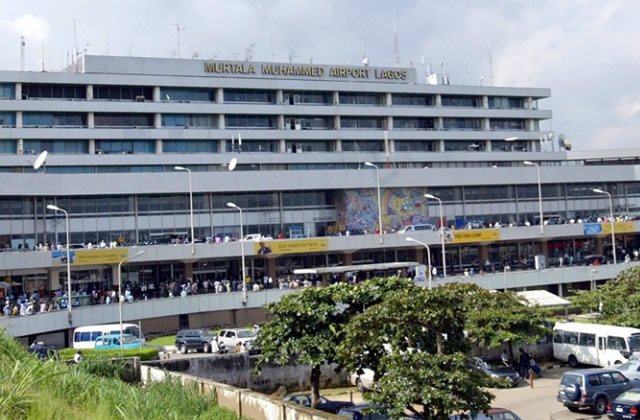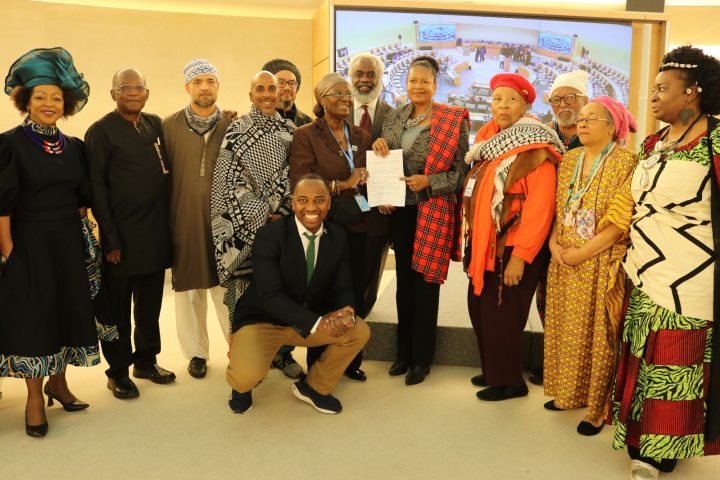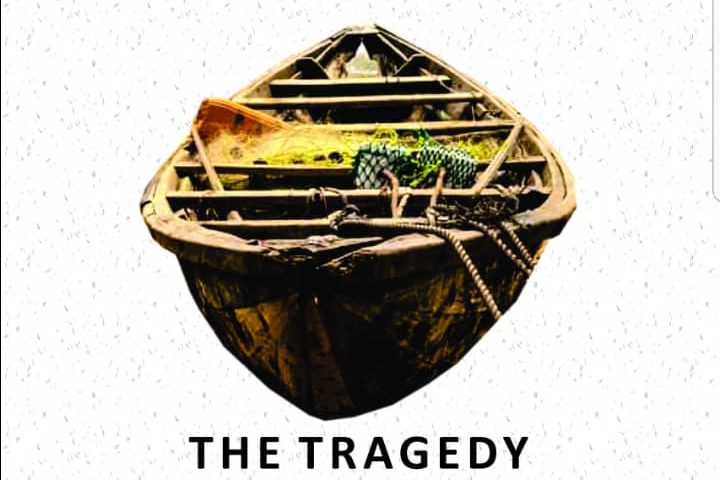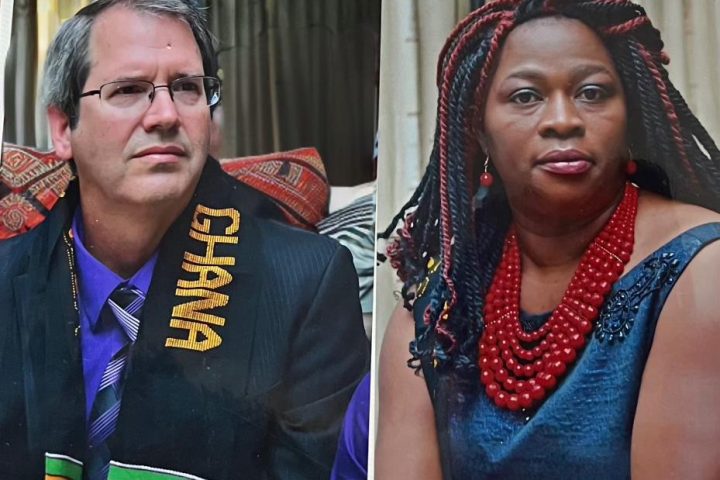In recent years, the phenomenon known as “Japa” has gained traction among African youths seeking economic opportunities abroad. Japa, derived from the Nigerian slang “Japa,” meaning to flee or escape, refers to the growing trend of African migration to countries like the United States, Canada, United Kingdom and other parts of Europe and Asia. While the quest for economic comfort is a compelling driver, it is essential to shed light on the potential negative impacts of Japa, particularly the socio-cultural displacement it brings.
In this article, we explore the insightful perspective of Cookey Iwuoha, founder of AAMN Media, on the implications of Japa, emphasizing the need for Africans to invest in their home countries despite the allure of foreign shores.
”The decision to migrate often entails leaving behind one’s cultural roots, language, and traditions. As individuals settle into their new countries, the process of assimilation becomes paramount, leading to a gradual erosion of their African identity. The first generation may still maintain some connection to their homeland, visiting periodically and preserving cultural practices within their households. However, it is the subsequent generations that face the greatest risk of socio-cultural displacement.” Cookey Iwuoha said
According to Cookey Iwuoha, the coming generations born and raised in foreign countries will struggle to identify with their African heritage. The loss of language, limited exposure to traditional customs, and the lack of direct ties to Africa contribute to a growing disconnect. As these individuals integrate into the societies they were raised in, they become “people of those places eternally” and are unlikely to consider themselves African enough or know how to connect with their ancestral homeland.
The long-term consequences of Japa lie in the trajectory of future generations. The second generation, born to African parents who migrated, grow up with a blended identity, often grappling with the question of belonging. With limited exposure to their African roots, they are more inclined to embrace the culture and values of their adopted countries. As they marry and start families of their own, their children may not even have a firsthand understanding of Africa, further severing the ties to their ancestral heritage.
This widening cultural gap perpetuates a cycle of displacement, as subsequent generations become increasingly distanced from their African roots. The loss of cultural heritage, language, and traditional knowledge has far-reaching implications for the preservation and continuity of Africa’s diverse socio-cultural fabric.
Cookey Iwuoha, a prominent advocate for African cultural preservation, emphasizes the importance of investing in education and cultural exchange as tools for counteracting the socio-cultural displacement caused by Japa. He believes that while acquiring knowledge and experiences abroad is valuable, individuals must bring these acquired skills back to their home countries to effect positive change.
According to Iwuoha, the ultimate goal should be to groom future generations in Africa, nurturing them with strong cultural foundations and providing them with opportunities for growth and development. By creating networks and relationships from childhood, the hope is that these individuals will return periodically and, in turn, pass on their experiences and cultural insights to their communities.
Moreover, Iwuoha encourages the establishment of programs that facilitate cultural exchange between Africa and the diaspora. These initiatives would serve as a bridge, allowing African youths to gain exposure to their ancestral roots while fostering a sense of pride and connection with their heritage. Such exchanges can play a vital role in reinforcing African identity and countering the potential negative consequences of Japa.
As the allure of economic comfort continues to beckon African youth abroad, it is crucial to consider the long-term effects of Japa on Africa’s socio-cultural fabric and future generations. The process of assimilation and the subsequent loss of African identity pose significant challenges for individuals and their descendants. By heeding the perspective of Cookey Iwuoha and recognizing the importance of education, cultural exchange, and investing in one’s home country, Africans can work towards mitigating the negative impacts of migration and ensuring the preservation of their rich cultural heritage.
While seeking economic opportunities in countries like the United States, Canada, or the United Kingdom may offer short-term gains, it is vital for individuals to contemplate the potential consequences for their future generations. By striking a balance between economic progress and cultural preservation, Africans can forge a path that leads to both personal success and the long-term sustainability of their heritage.





